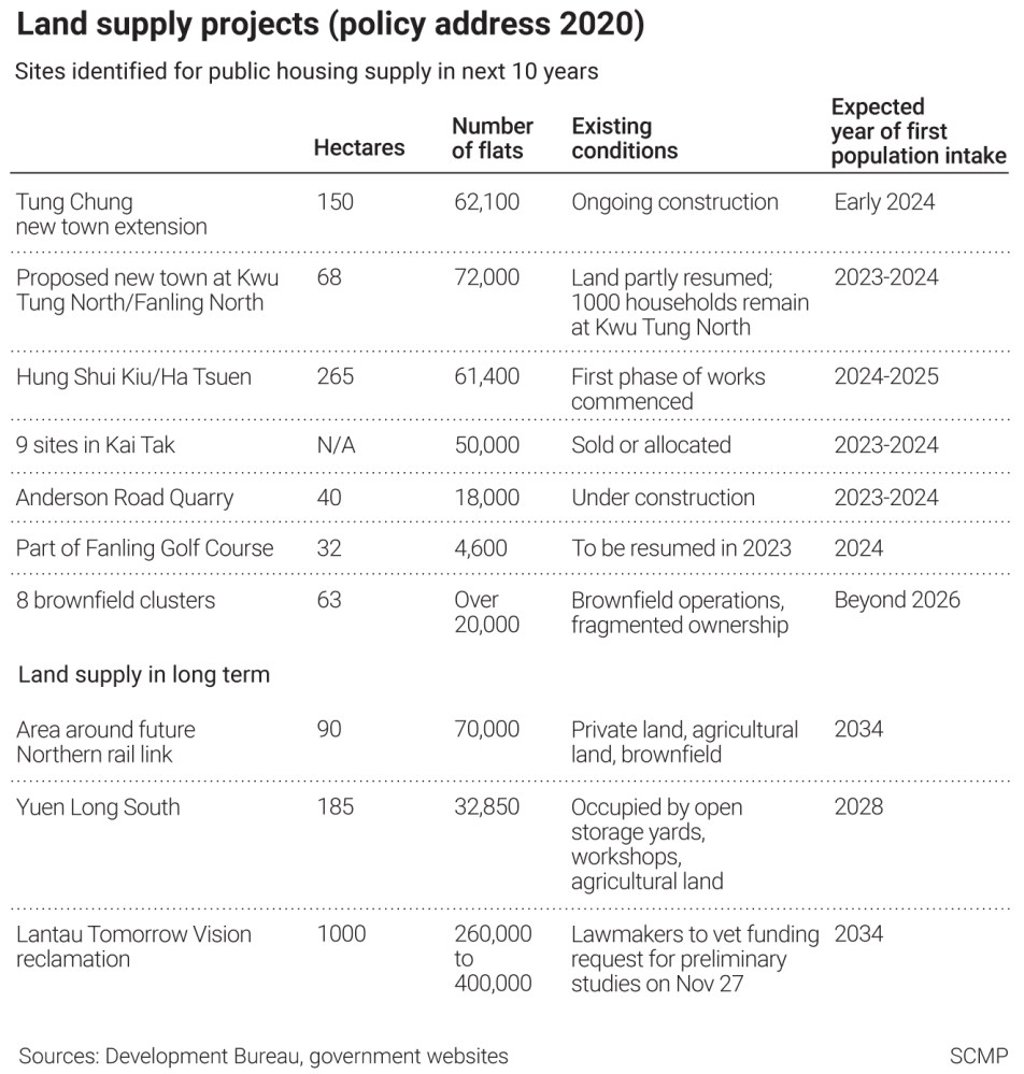Opinion | To tap Hong Kong’s village land in the New Territories for housing, mindsets must change
- The sale of tso and tong land has been hampered by an incorrect interpretation of the law governing it: unanimous consent from all clan members is not necessary
- In case of objections, district officers tasked with approving the land sale are duty bound to consider if it is valid, instead of simply refusing consent

Meanwhile, large pieces of land in the New Territories are sitting idle and grossly underutilised, including tso/tong land, held in the name of a clan, family or tong.
According to a book published by the Heung Yee Kuk, there is around 2,400 hectares of such tso/tong land scattered across the New Territories, and much of it sits in the middle of large sites that could be developed. If developed together with adjacent land, this would be a great boost to housing supply in the short to medium term.

For many years, district officers would only approve a sale when there was unanimous consent from all clan members. Even where there was a single objection, they would choose not to process the application. Their inaction is as much a result of an incorrect interpretation of the law as the bureaucratic mindset of officials.
